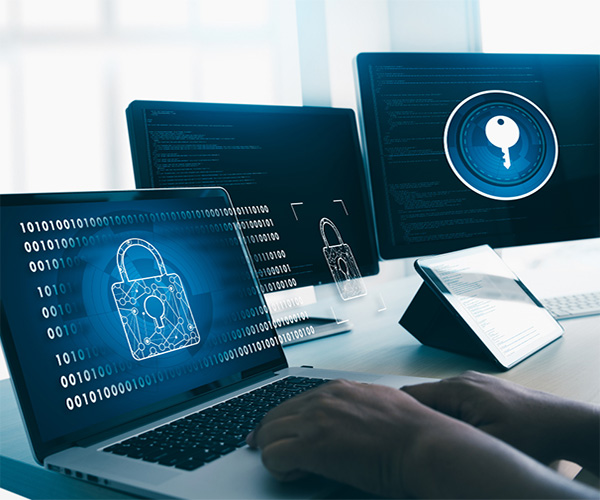When an incident occurs, the initial response is crucial.
The digital forensics landscape is constantly changing, with new technologies and cyber threats regularly emerging. Our First Responder Training Course is designed to keep you ahead of the curve.
This training course equips you with essential skills for handling cyber incidents, ensuring you respond accurately and within compliance requirements.
With a curriculum shaped by the latest developments in digital forensics, this course offers relevant, up-to-date knowledge, based on real-life experiences.
Contact Us

Get in touch today to find out more about our First Responder Training courses and book your place.
We pride ourselves on bringing a wealth of knowledge to our training courses.
Our instructors are not just educators, they’re experienced professionals who have worked in the trenches of digital forensics.
This depth of experience means that the insights and skills you gain from our course are grounded in real-life cases and cutting-edge practices.
We understand the challenges you will face in the field because we've faced them ourselves.